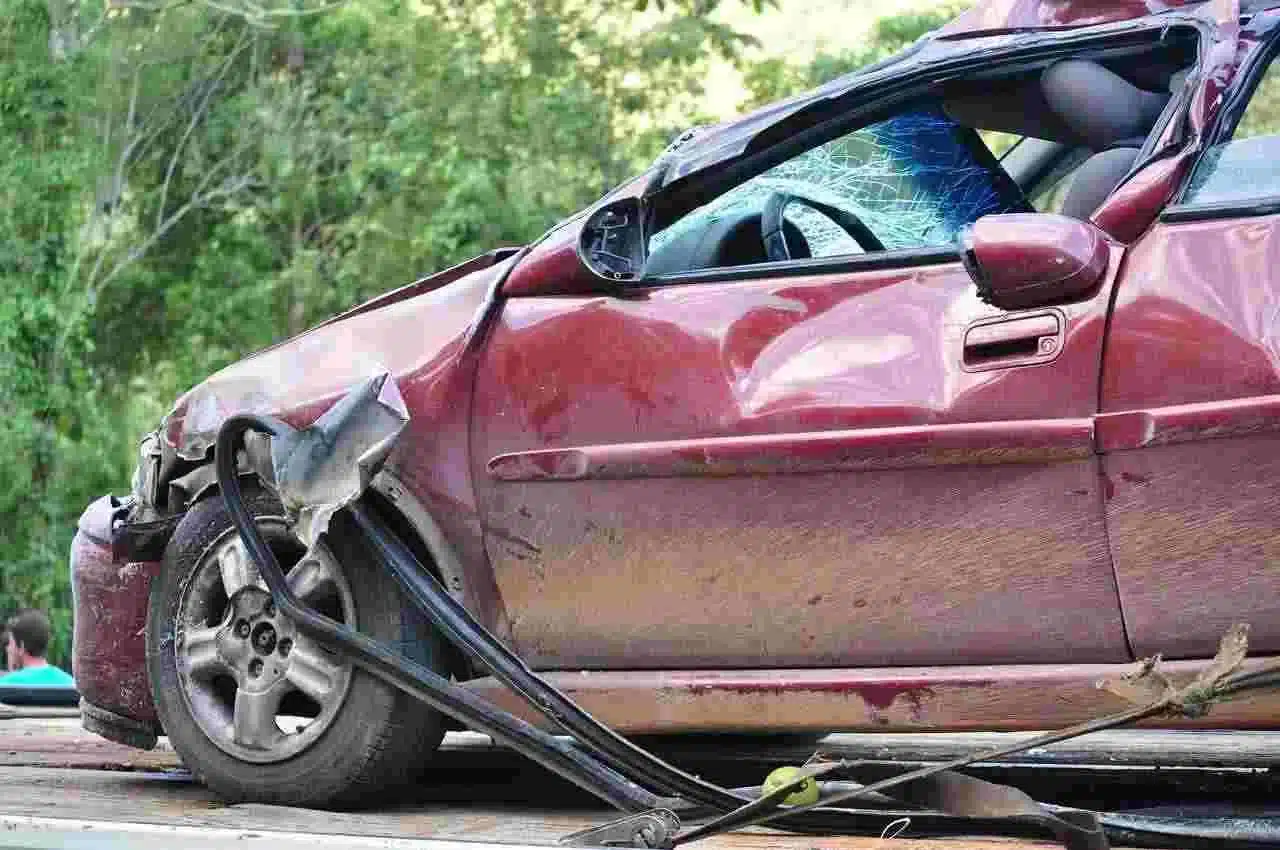Florida’s Roads and Car Accidents: Common Causes and Legal Recourse

Florida, known for its beautiful landscapes and vibrant cities, is also a state with a high number of car accidents. Whether you’re a resident or a visitor, understanding the common causes of car accidents in Florida and the legal recourse available is crucial for your safety and well-being.
Common Causes of Car Accidents in Florida
Distracted Driving
Distracted driving, often linked to smartphone use, is a leading cause of accidents. Texting, making calls, or using apps while driving diverts attention from the road and increases the risk of collisions.
Speeding
Excessive speed reduces a driver’s reaction time and the ability to stop quickly. Speeding is a major contributor to severe accidents.
Reckless Driving
Aggressive behaviors such as tailgating, changing lanes without signaling, and road rage can lead to accidents. Florida’s highways are no strangers to reckless drivers.
Impaired Driving
Driving under the influence of alcohol or drugs remains a significant issue. Impaired drivers have impaired judgment and reduced motor skills.
Weather Conditions
Florida’s unpredictable weather can create hazardous driving conditions. Heavy rain, fog, and sudden storms can reduce visibility and make roads slippery.
Running Red Lights and Stop Signs
Disobeying traffic signals can result in devastating T-bone collisions. Running red lights and stop signs is a common cause of intersection accidents.
Inexperienced Drivers
Florida attracts tourists and new residents, some of whom may not be familiar with local traffic rules. Inexperienced drivers can make mistakes that lead to accidents.
Legal Recourse After a Car Accident
Seek Medical Attention
After an accident, prioritize your health. Even if you don’t feel injured immediately, some injuries may become apparent later. Prompt medical attention will also create a record of your injuries.
Contact the Police
Always report the accident to law enforcement. A police report provides an official record of the incident and can be crucial for insurance claims and legal proceedings.
Exchange Information
Exchange contact and insurance information with the other parties involved in the accident. Collect contact information from witnesses as well.
Document the Scene
If it’s safe to do so, take pictures of the accident scene, vehicle damage, road conditions, and any visible injuries. This documentation can serve as valuable evidence.
Notify Your Insurance Company
Report the accident to your insurance company as soon as possible. Be truthful but cautious when speaking with them, and avoid admitting fault.
Consult with an Attorney
If you’ve been injured, consulting with a personal injury attorney is advisable. An attorney can help you understand your rights, assess the value of your claim, and negotiate with insurance companies on your behalf.
Liability Determination
Your attorney will investigate the accident, gather evidence, and determine liability. Florida follows a comparative fault system, which means you may still be eligible for compensation even if you were partially at fault.
Insurance Claims
Your attorney will assist you in filing insurance claims for medical expenses, property damage, and other losses. They will work to maximize the compensation you receive.
Legal Action
If a fair settlement cannot be reached through negotiations, your attorney may advise pursuing legal action. This may involve filing a personal injury lawsuit to seek compensation through the court system.
Conclusion
Throughout the process, stay informed about the progress of your case. Your attorney will guide you through each step and help you understand your options.
Car accidents can have lasting physical, emotional, and financial impacts. By understanding the common causes of accidents and knowing your legal recourse in Florida, you can protect yourself and your loved ones on the Sunshine State’s roads.
